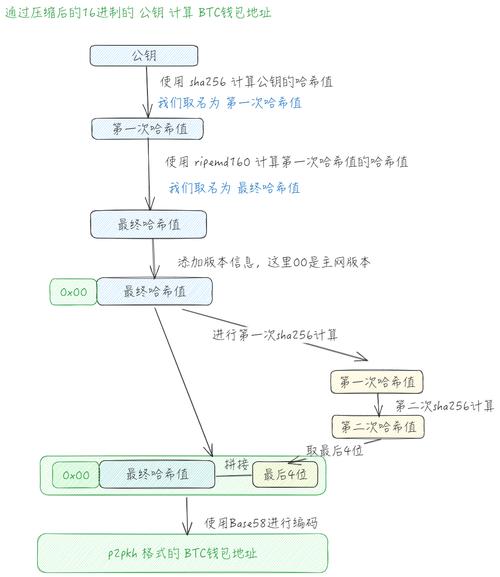BTC and BSC: A Comprehensive Guide
BTC and BSC: A Comprehensive Guide
Are you intrigued by the world of cryptocurrencies? Have you ever wondered about the differences between Bitcoin (BTC) and Binance Smart Chain (BSC)? Look no further! In this detailed guide, we will explore the ins and outs of both cryptocurrencies, providing you with a comprehensive understanding of their features, benefits, and potential future developments.
Understanding Bitcoin (BTC)

Bitcoin, often referred to as BTC, is the first and most well-known cryptocurrency. Created by an anonymous person or group of people using the pseudonym Satoshi Nakamoto in 2009, Bitcoin has revolutionized the financial industry by introducing a decentralized digital currency.
Here are some key points about Bitcoin:
- Decentralization: Unlike traditional currencies, Bitcoin operates on a decentralized network, meaning no single entity has control over it. This makes it resistant to government intervention and manipulation.
- Scarcity: There is a finite supply of Bitcoin, with a maximum of 21 million coins. This scarcity has contributed to its value over time.
- Security: Bitcoin uses advanced cryptographic techniques to secure transactions and protect users’ privacy.
- Transparency: All Bitcoin transactions are recorded on a public ledger called the blockchain, ensuring transparency and accountability.
Understanding Binance Smart Chain (BSC)

Binance Smart Chain (BSC) is a blockchain platform launched by Binance, one of the largest cryptocurrency exchanges in the world. BSC aims to provide a scalable, secure, and efficient platform for decentralized applications (dApps) and smart contracts.
Here are some key points about BSC:
- Interoperability: BSC is designed to be compatible with Ethereum, allowing developers to easily migrate their dApps from Ethereum to BSC.
- Speed and Scalability: BSC uses a unique consensus mechanism called Proof of Staked Authority (PoSA), which enables high-speed transactions and scalability.
- Low Fees: BSC offers significantly lower transaction fees compared to Ethereum, making it more cost-effective for developers and users.
- Smart Contracts: BSC supports smart contracts, allowing developers to create decentralized applications and automate processes.
Comparing BTC and BSC

Now that we have a basic understanding of both Bitcoin and BSC, let’s compare them in terms of their features, benefits, and potential use cases.
| Feature | Bitcoin (BTC) | Binance Smart Chain (BSC) |
|---|---|---|
| Decentralization | High | High |
| Scarcity | Yes | No |
| Security | High | High |
| Transparency | Yes | Yes |
| Speed and Scalability | Low | High |
| Transaction Fees | High | Low |
| Smart Contracts | No | Yes |
As you can see, Bitcoin and BSC have some similarities, such as decentralization, security, and transparency. However, they differ in terms of scarcity, speed and scalability, transaction fees, and support for smart contracts.
Use Cases for BTC and BSC
Bitcoin and BSC have different use cases, depending on their features and benefits.
Bitcoin (BTC):
- Investment: Bitcoin is often considered a digital gold, serving as a store of value and a hedge against inflation.
- Payment: Bitcoin



